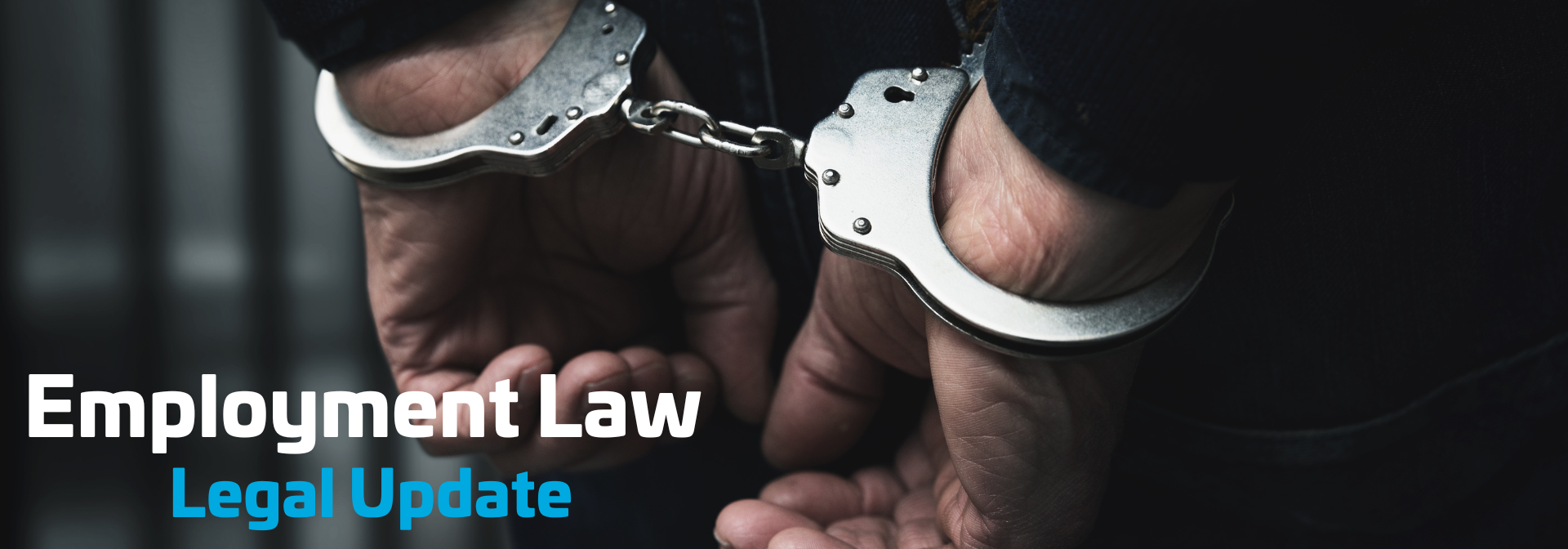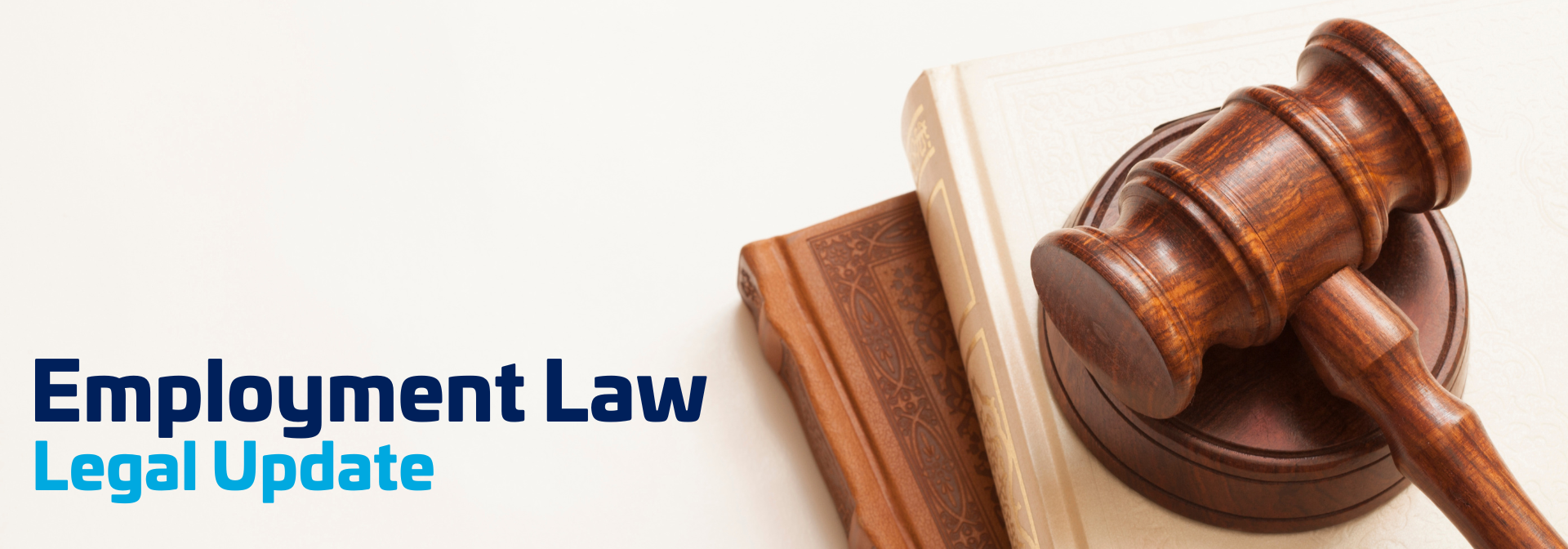
What happens if an employee is publicly named following arrest?
The attack in Southport, resulting in the deaths of three girls in a Taylor Swift yoga class, has shocked the nation. Following the incident and riots that have taken place across the country, several individuals were arrested, and their identities have been widely publicised. This has created a ripple effect, not only in the immediate community but also across the business sector.
For businesses employing individuals who have been named and arrested, the repercussions are multifaceted:
- Reputational Damage: Association with an employee involved in such a violent act can severely tarnish a company’s image. Public perception can shift rapidly, affecting customer trust and loyalty.
- Operational Disruptions: Businesses may experience interruptions as they navigate the legal and ethical ramifications. This includes potential investigations, increased media scrutiny, and internal reviews.
- Employee Morale: The arrest of a colleague can create a stressful and uncertain work environment, impacting overall morale and productivity.
Handling the fallout from such incidents requires a delicate balance between upholding legal standards and maintaining ethical integrity. Clear and honest communication with stakeholders, including employees, customers, and partners, is crucial. Businesses should address the situation head-on, outlining the steps being taken to manage the crisis. Remembering to follow a fair procedure when it comes to taking further action against such employees is important as procedural flaws can result in compensation at a tribunal.
Providing support to employees, including counselling and legal advice, can help mitigate the negative impact on workplace morale. It is important to foster a supportive environment where employees feel safe and valued. This incident highlights the need for robust policies on employee conduct, both within and outside the workplace. Regular training on ethical behaviour and the consequences of criminal activities can help prevent future incidents.
The broader community and industry sectors also have roles to play in addressing the aftermath of such violent events: The unjust targeting of the Muslim community in the wake of the Southport attack underscores the importance of promoting inclusivity and standing against discrimination. Businesses can lead by example, advocating for fair treatment and equality. Partnering with local organisations and participating in community outreach programs can help businesses rebuild trust and demonstrate their commitment to social responsibility.
The Southport attack serves as a grim reminder of the far-reaching consequences of violent acts. For businesses, the challenge lies in navigating the immediate operational impacts while addressing the broader ethical and reputational concerns. By prioritising transparency, support, and inclusivity, businesses can not only manage the current crisis but also contribute to a more resilient and unified community.







